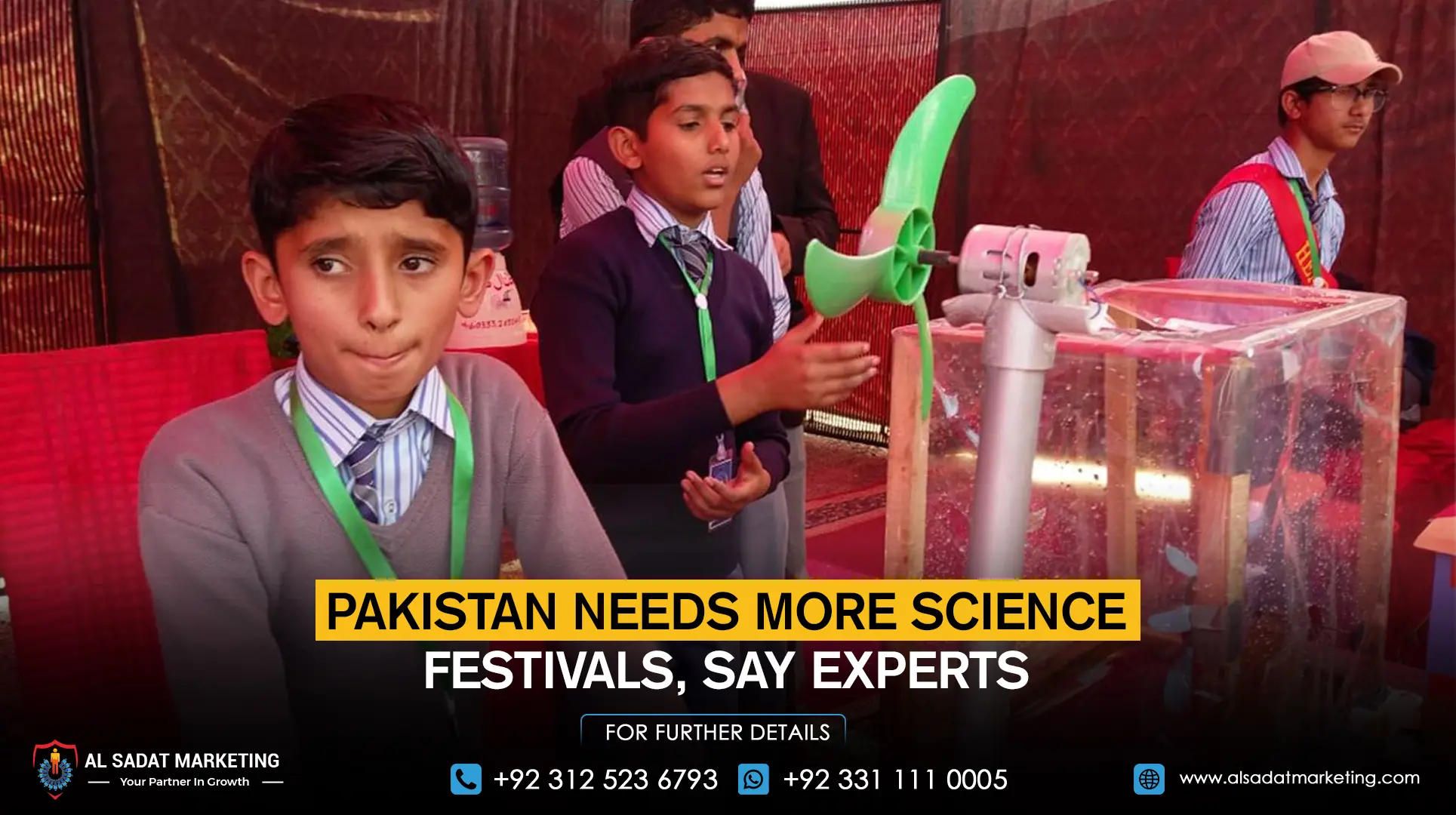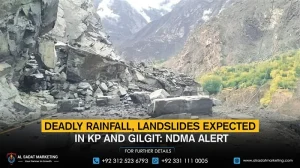The crowd was excited, but Asmaar stood still, amazed by a live science show at the Lahore Science Mela. Back home in Niaz Baig, Lahore, science was just boring lessons on a blackboard. But here, it was full of colors, sounds, and fun.
That day, Asmaar didn’t just watch — he dreamed. When he went home, he wrote on his wall: “One day, I’ll win the Nobel Prize.” He stayed up late reading about famous scientists and Nobel winners. “Why can’t I be one?” he thought. For the first time, science was more than a school subject—it felt like a goal. All it took was one festival to light that spark. Asmaar’s story is just one example of many young minds inspired by Lahore Science Mela. Imagine what hundreds of such events could do!
In Pakistan, about 25 million children between 5 and 16 years old don’t go to school. Many schools, especially in poor areas, don’t have labs, good teachers, or the tools to make science interesting.
Science is often just memorizing facts without any fun or experiments. The school system focuses on remembering, not understanding. This stops kids from being curious or creative. So, how can we make kids love science?
The answer is to take science outside the classroom and into the streets. That’s what science melas—fun and open science fairs—do. They are not just events; they change lives.

The Lahore Science Mela, run by the Khwarizmi Science Society, is one example. Since it started in 2017, it has grown big and welcomes over 100,000 people every year—from top universities to small village schools.
At these melas, kids don’t just listen—they try things. They look through microscopes, build robots, launch small rockets, and talk about climate change and space. These hands-on activities make science real and exciting.
Science isn’t just about formulas or tests—it’s about asking questions, watching carefully, and exploring. In today’s world, children need more than just reading and writing—they need to think and create. Sometimes, one science mela, one model, or one teacher is all it takes to start a lifelong love for science.
That’s why Pakistan needs more science melas—not only in big cities but also in small towns and villages where kids rarely see real science. These events can help students learn by doing and meet people who can guide them. They can plant ideas and dreams where none existed.
In a country where many kids don’t get good science education, science melas are more than just fun—they can change lives. Whether it’s a child in Niaz Baig dreaming of a Nobel Prize or a student seeing stars for the first time, science melas can create a better future. To build a smart and creative Pakistan, we need more science melas everywhere.










